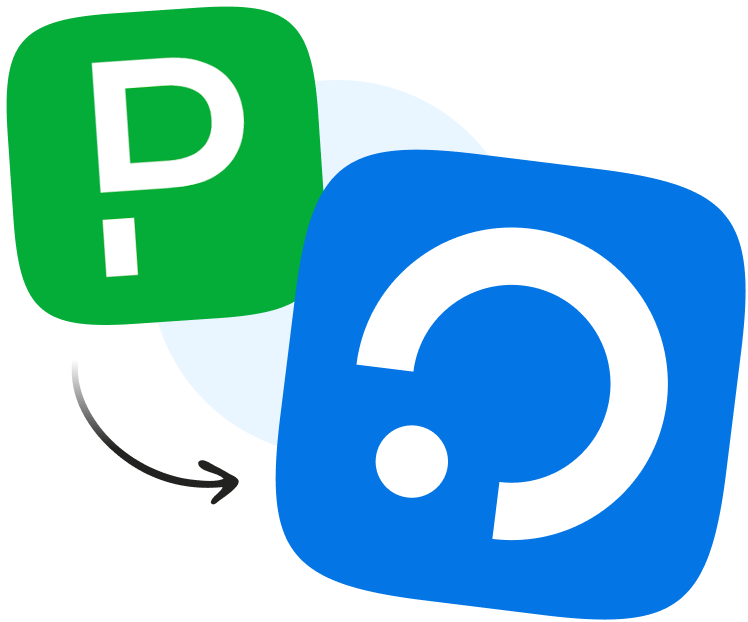





ilert vs. PagerDuty
The PagerDuty alternative for incident response you can trust

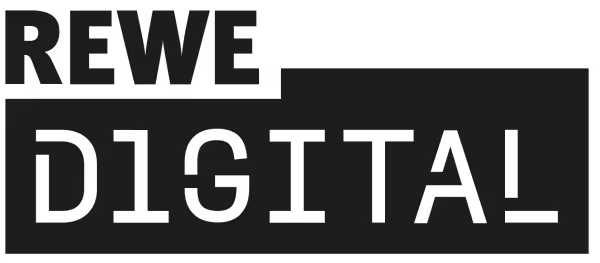





















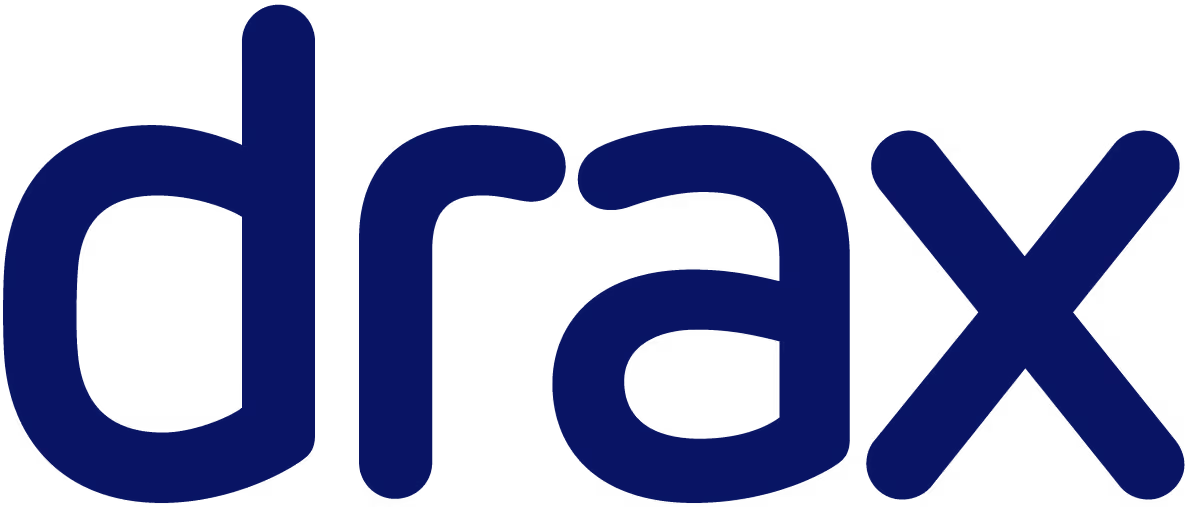




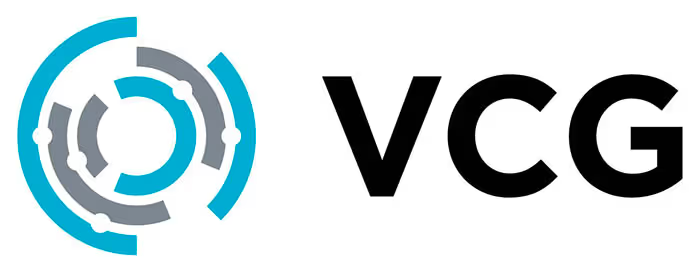


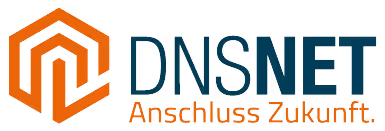











































Before diving into a comparison, let's acknowledge the PagerDuty team for pioneering a unique alerting product that aids ops teams in faster incident response. If you're comparing ilert and PagerDuty or seeking an alternative, you're on the right track. While both have distinct features, ilert stands out as a comprehensive platform covering the entire incident response lifecycle. What distinguishes ilert is its dedication to user experience and simplicity, ensuring a robust yet user-friendly platform.
We sat with a few of our customers to help write this page and asked them: “What are the top reasons why you have chosen ilert over PagerDuty?” Here’s what they had to say.
ilert offers far more than just call routing based on escalation policies.
- Set up custom IVR menus in multiple languages
- Ask callers for PIN codes and route calls according to their answers
- Use AI Agent as the frontline responder for inbound calls
- Leverage AI to convert text to speech and add a human touch to your automatic responses.
All these and much more are available within ilert's intuitive drag-and-drop interface, making the call routing configuration a breeze. PagerDuty lacks these capabilities and offers only basic live call routing.
With ilert, you can explore the call flow builder even without a paid subscription.
Don’t get penalized for scaling incident response in your organization; choose a platform with predictable pricing. Locked features and rising add‑on fees continue to dog PagerDuty, while ilert’s transparent pricing lets teams budget years ahead. For example, let's check a few add-ons:
- A Stakeholder licence costs €50 for 50 viewers in ilert but US$150 in PagerDuty.
- Private status pages are around €156 and Audience-specific are €62 monthly in ilert, PagerDuty offers to pay up to $599.
ilert’s Free tier already bundles a public status page and essential incident‑response features; PagerDuty’s free edition offers none. Core capabilities – such as adding extra responders to a live incident or utilizing ChatOps – are included in every ilert plan, rather than being locked behind PagerDuty’s upper-tier bundles.
In short, ilert lets you scale incident management without surprise bills.

PagerDuty provides AIOps and PagerDuty Advance for Incident Management add-ons that aim to help engineers manage incidents with the help of AI. However, you can use PagerDuty without these capabilities if you don't want to pay extra. At ilert, AI is an integral part of the platform; AI features are included in all pricing plans.
- If you are preparing for an on-call routine, you can ask the ilert AI assistant to build an on-call schedule for you.
- If you are dealing with an incident and everything is on fire, ilert Responder helps you run root cause analysis and proposes actions towards remediation.
- If you need to update your status page and inform clients and stakeholders, ilert AI helps you identify affected services and prepares polite and informative messaging.
Postmortem creation is also part of the ilert AI offer, and you can create postmortem documents from Slack and Microsoft Teams chats, while PagerDuty offers only the Slack option. So, with ilert, all incident stages – Prepare, Respond, Communicate, and Learn – are strengthened with AI.
Data protection and information security are key elements of ilert. Protecting your data and earning your trust is pivotal to us. Therefore, we have implemented and continue to develop technical and organizational measures to ensure the secure processing of information.
Our practices are based on the legal framework of the European General Data Protection Regulation (EU GDPR) as well as ISO 27001. Find out more on our Security page.



Transitioning is made seamless with ilert's dedicated PagerDuty importer. We've designed our importer to ensure a hassle-free migration process. It efficiently brings in users and teams, on-call schedules, escalation policies and business services. This means you won't have to worry about setting up everything from scratch. With ilert, your transition from PagerDuty is just a few clicks away, letting you resume your operations with minimal disruption.
